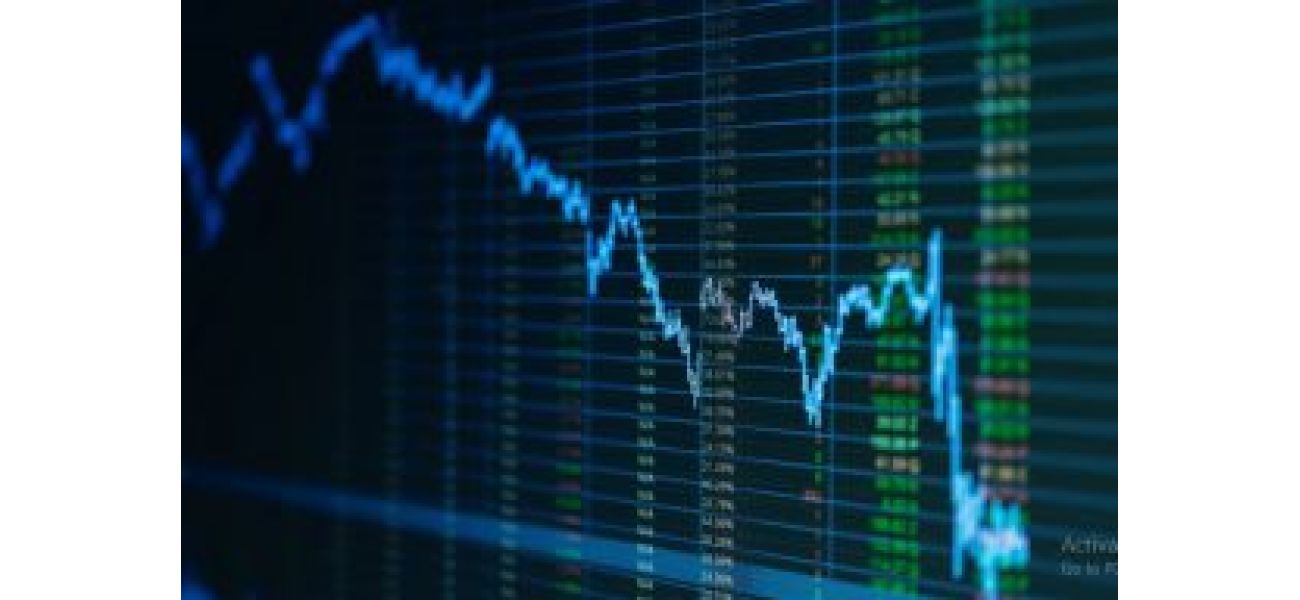China's economy weakened in August as the government struggles with low consumer demand.
China's economy weakened in August, with slowdowns in industrial activity, retail sales, and real estate prices. Pressure is on Beijing to increase spending to stimulate demand.
September 14th 2024.

In the bustling city of Beijing, China, the economy has shown signs of softening in the month of August. This trend of slowing down in industrial activity and real estate prices has been ongoing, putting pressure on the government to increase spending in order to boost demand. The National Bureau of Statistics released data on Saturday that revealed a decline in activity across various sectors such as industrial production, retail sales, and real estate compared to the previous month of July.
During a news conference, Liu Aihua, the bureau's chief economist, expressed concern about the increasing negative impact of changes in the external environment. She emphasized that domestic demand is still not sufficient and the economic recovery is facing numerous difficulties and challenges. This is particularly relevant as China continues to grapple with the aftermath of the COVID-19 pandemic, with weak consumer demand, deflationary pressures, and a slowdown in factory production.
To counteract this economic slowdown, Chinese leaders have been focusing on investing in the manufacturing sector to stimulate the economy, which has been struggling since the pandemic hit. However, there is also mounting pressure for the government to implement large-scale stimulus measures to further boost economic growth. Despite a 4.5% increase in industrial production from a year ago, there was a decline from the previous month's growth of 5.1%, according to the bureau's data.
The retail sector also saw a slower growth rate, with only a 2.1% increase compared to the same time last year, down from the 2.7% growth in the previous month. Fixed asset investment, a key indicator of economic activity, also showed a decline of 3.4% in the first eight months of the year, compared to 3.6% in the first seven months. In addition, investment in real estate saw a significant decrease of 10.2% from January to August, compared to the previous year.
These figures were released on Saturday, following the disappointing trade data from August, where imports only grew by 0.5% compared to the previous year. On top of that, the consumer price index (CPI) rose by 0.6% in August, falling short of expectations according to data released on Monday. Officials attributed this increase in CPI to a rise in food prices due to adverse weather conditions. However, the core CPI, which excludes food and energy prices, only saw a minimal increase of 0.2%.
Overall, it is evident that the Chinese economy is still facing challenges and obstacles in its road to recovery. As the country continues to navigate through the aftermath of the pandemic and its impact on the global economy, it remains to be seen how the government will tackle these issues and whether their efforts will be successful in reviving the economy.
During a news conference, Liu Aihua, the bureau's chief economist, expressed concern about the increasing negative impact of changes in the external environment. She emphasized that domestic demand is still not sufficient and the economic recovery is facing numerous difficulties and challenges. This is particularly relevant as China continues to grapple with the aftermath of the COVID-19 pandemic, with weak consumer demand, deflationary pressures, and a slowdown in factory production.
To counteract this economic slowdown, Chinese leaders have been focusing on investing in the manufacturing sector to stimulate the economy, which has been struggling since the pandemic hit. However, there is also mounting pressure for the government to implement large-scale stimulus measures to further boost economic growth. Despite a 4.5% increase in industrial production from a year ago, there was a decline from the previous month's growth of 5.1%, according to the bureau's data.
The retail sector also saw a slower growth rate, with only a 2.1% increase compared to the same time last year, down from the 2.7% growth in the previous month. Fixed asset investment, a key indicator of economic activity, also showed a decline of 3.4% in the first eight months of the year, compared to 3.6% in the first seven months. In addition, investment in real estate saw a significant decrease of 10.2% from January to August, compared to the previous year.
These figures were released on Saturday, following the disappointing trade data from August, where imports only grew by 0.5% compared to the previous year. On top of that, the consumer price index (CPI) rose by 0.6% in August, falling short of expectations according to data released on Monday. Officials attributed this increase in CPI to a rise in food prices due to adverse weather conditions. However, the core CPI, which excludes food and energy prices, only saw a minimal increase of 0.2%.
Overall, it is evident that the Chinese economy is still facing challenges and obstacles in its road to recovery. As the country continues to navigate through the aftermath of the pandemic and its impact on the global economy, it remains to be seen how the government will tackle these issues and whether their efforts will be successful in reviving the economy.
[This article has been trending online recently and has been generated with AI. Your feed is customized.]
[Generative AI is experimental.]
0
0
Submit Comment





